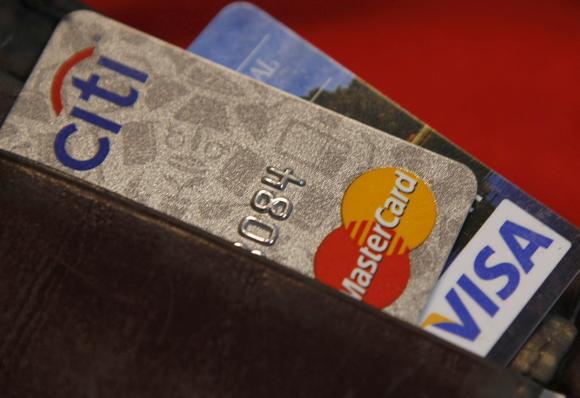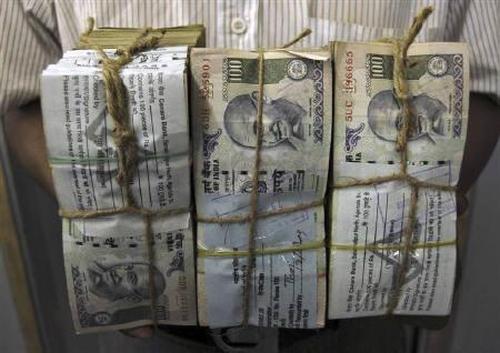 | « Back to article | Print this article |
Insurance cover coming for online fraud
With the rise in cases of online fraud, National Payments Corporation of India has decided to provide an insurance cover for such transactions.
NPCI will tie up with general insurance companies for this; it has called for a Request For Proposal.
This would cover both domestic and international transactions, all those done by swiping a card, PIN-based transactions on ATMs or points of sale and e-commerce transactions with two-step authentication.
According to the Kaspersky Consumer Security Risks Survey, a global study conducted by B2B International and Kaspersky Lab in the summer of 2013, about 41 per cent of users who lost their money as the result of financial cyber-fraud failed to get a single cent returned to them.
The image is used for representational purpose only
Click NEXT to read further. . .
Insurance cover coming for online fraud
And, only 45 per cent of users who suffered through online fraud were fully compensated.
In 17 per cent of cases the money disappeared during e-banking sessions; 13 per cent of the victims were customers of online stores.
“Technology is changing the fraud landscape and challenging the boundaries of fraud risk management.
“The (earlier) frameworks to mitigate simple frauds are no longer effective,” Rohit Mahajan, partner and co-head, forensic services, at KPMG in India, had said while issuing an India Fraud Survey last year.
The NPCI insurance cover will be over and above any policy taken by a member-bank.
Click NEXT to read further. . .
Insurance cover coming for online fraud
The policy will cover compromised and disputed transactions carried on the National Financial Switch (which facilitates inter-bank ATM transactions) ATM Network.
It will also cover disputed transactions on the NFS Network.
The RFP issued by NPCI is to identify and appoint the general insurer for providing insurance cover for fraudulent transactions that result in financial loss to the customers of NFS members or sub-members; also for non-bank ATM operators.
“This is a good opportunity for the insurance community.
“We will be interested in taking part in the bidding process, since it is a large and prestigious contract,” said a senior official of a state-owned general insurance company.
Click NEXT to read further. . .
Insurance cover coming for online fraud
NPCI will initially cover Rs 180 crore (Rs 1.8 billion) of approved financial transactions under the insurance policy with the selected bidder.
If the transaction volume goes beyond the initial committed volume of Rs 180 crore, NPCI shall request an additional cover.
The overall insurance cover that will be provided will be Rs 10 crore (Rs 100 million) and the per-card cover will be Rs 50,000.
The insurer (which wins the bid) will have to settle claims within 30 days of claim submission by NPCI. Further, the bidder will also have to honour the request from any member-bank(s) for any additional cover sought, once the policy is issued to NPCI and is in force.
The premiums will be paid by NPCI.
To be eligible for the bid, an insurance company should have a minimum of three years of operations in general insurance in India as on March 31.
Click NEXT to read further. . .
Insurance cover coming for online fraud
Also, a minimum gross direct premium income of Rs 250 crore (Rs 2.5 billion) for 2011-12 and 2012-13, respectively.
The non-life insurer is also required to have a minimum claim settlement ratio of 75 per cent in the past three financial years and not be currently blacklisted by NPCI, any government body or financial institution in India.
All this would mean only the large private general insurers and the four state-owned general insurance companies will be eligible.
In case of a disputed transaction using a debit/credit card, it is the customer's responsibility to prove he is not at fault.
Till then, they are liable to pay for the transaction.
As a protection against this, one can opt for credit or debit cards which have the zero-liability feature.
Both Visa and MasterCard offer this feature. RuPay cards by NPCI will also start offering this by the end of this year or early January, said an official.





